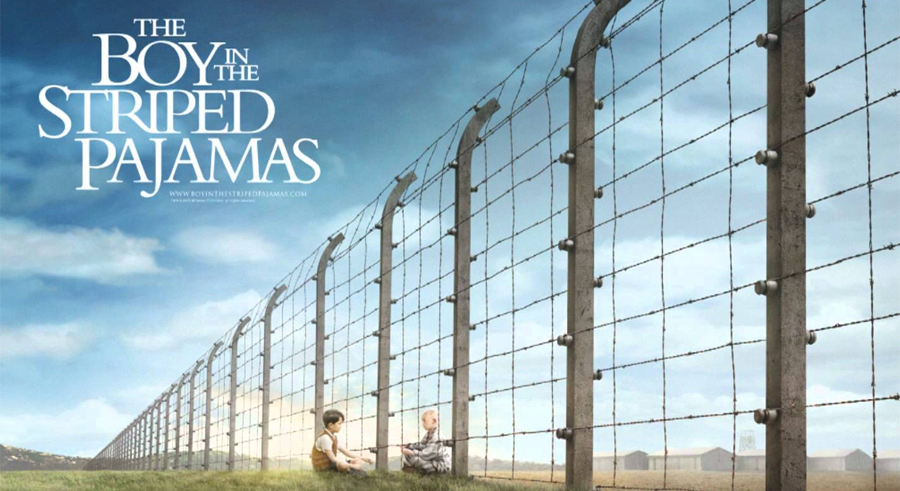“You become a writer by writing. If you write, you are a writer. This is true of no other profession in the world.” So said Susan Kaye Quinn at White County Creative Writers Conference in Searcy, AR yesterday.
I so concur. In fact, just a few hours earlier, I had said to the group, “Don’t you dare say you’re not a writer just because you haven’t been published.”
Of the crowd gathered in the Heritage Center at Harding University, several were there for the first time, some write family stories that will never see publication, and at least one came “to see if he could be a writer.” The others were more seasoned writers, there to learn more about what they love to do, to see old friends and be supportive of the newcomers. A highlight for all the writers is the contest awards luncheon. One first-timer, who had not even entered a contest, commented, “That was so exciting!”
A couple of years ago, we decided to add a Writing 101 component to the conference to benefit the newer writers and to refresh everyone on the basics of the writing craft.
This time it was my turn, so I spoke on “How to Improve Your Short Story … going from B- to A+”. Some of the items I covered were:
1. The benefits of belonging to a critique group.
2. Read your prose and poetry aloud to check for errors.
3. Show something of the character of the time and place of your story.
4. Be aware of being too wordy when you are telling or showing the reader something about your characters. (Kidding! I just used 18 words when 3 would do.)
5. Don’t explain your jokes (as I just did).
6. Don’t over do . . . anything . . . ever.
Susan Quinn, author of several teen and young adult novels, is an excellent speaker who shared with us words of encouragement and support as well as writing and story-telling tips. Her afternoon presentation included information about indy publishing and the e-book market. For more about Susan and her exciting (and clean) books go to www.susankayequinn.com.
Tommy Hancock, our third speaker, has a vast amount of knowledge about a re-surfacing genre, pulp fiction. If you don’t think this genre is returning to the markets, just look at the list of super heroes in movies and books today. Many are knock-offs of the pulp heroes of the early Twentieth Century dime novels. Even those of us who will never read or write in this genre were captivated with his presentation. For more about his pulp publications visit prose-press.com


